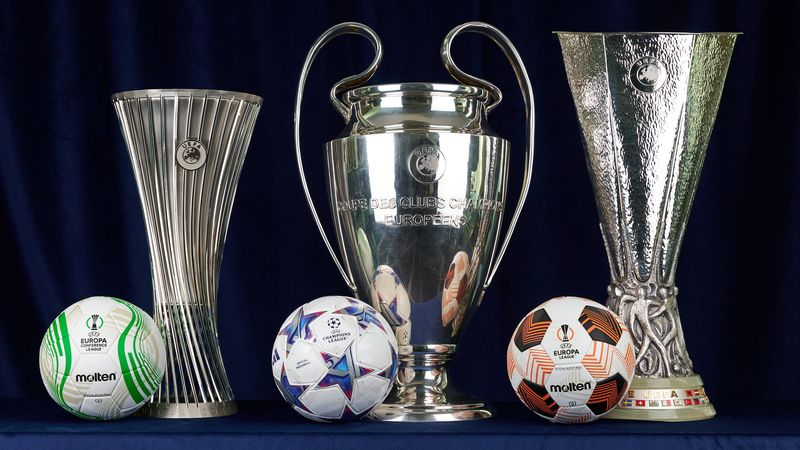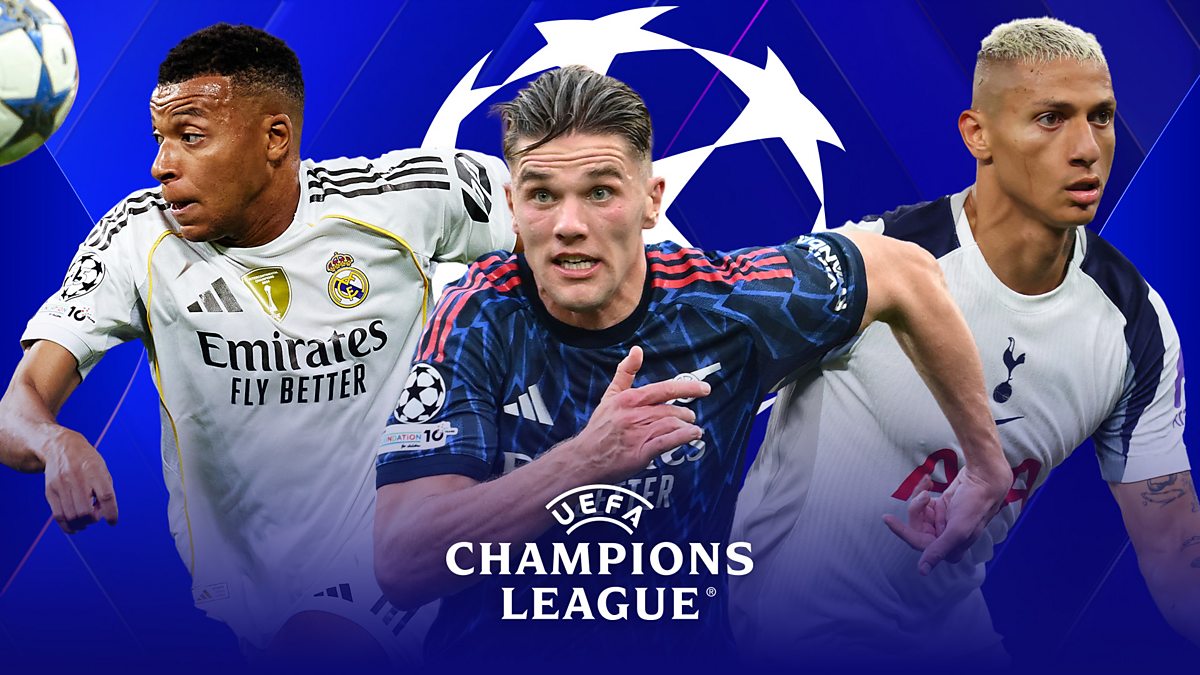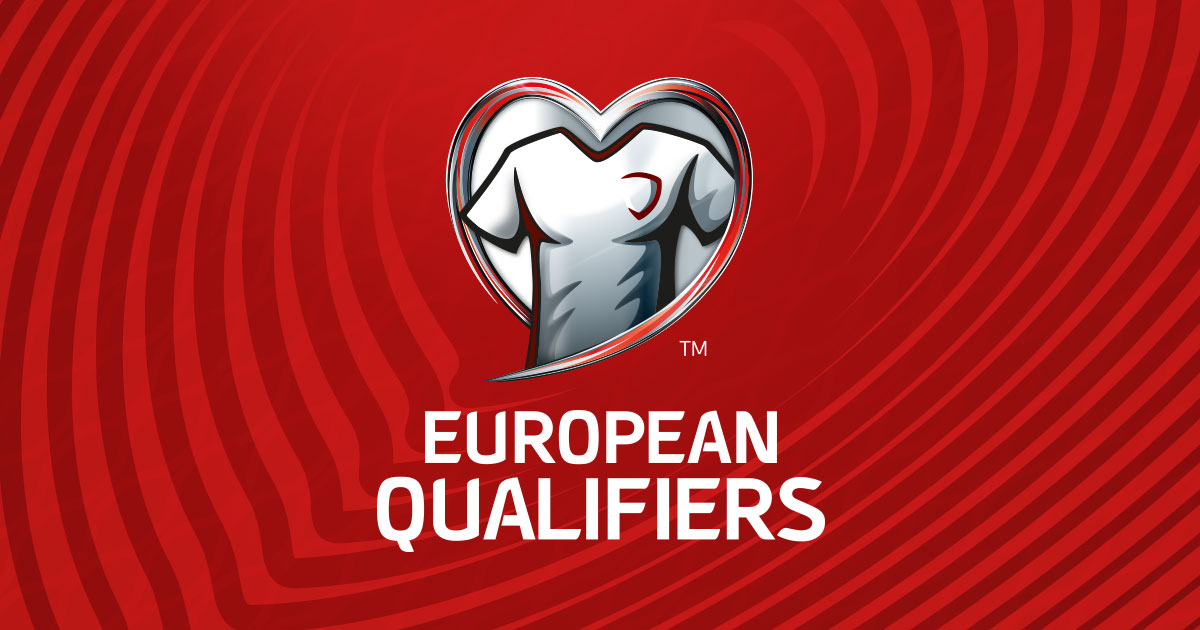
European football has always been more than just a sporting competition. European nights draw in viewers from across the world to watch the football at its highest level. It’s a stage for drama and moments that have shaped generations of fans. Across the decades, the Champions League and its predecessor, the European Cup, have delivered matches that transcended sport itself, nights when atmosphere and destiny seemed to merge.
These occasions didn’t just crown winners; they built legacies, changed clubs, and redefined what football could mean to its fans. In a way, those unpredictable turns of fate feel similar to how chance shapes outcomes in everyday life, whether in sport or entertainment, such as lotto slots, where anticipation and timing play their own dramatic roles.
The Birth of European Football
The competition began in 1955 with the European Cup, an ambitious project that aimed to bring the continent’s best clubs together. Real Madrid quickly established itself as the tournament’s first dynasty, winning five consecutive titles between 1956 and 1960. Their 7-3 triumph over Eintracht Frankfurt in the 1960 final remains one of football’s most iconic spectacles.
In front of over 127,000 fans at Hampden Park, Alfredo Di Stéfano and Ferenc Puskás delivered a masterclass, combining skill and flair that seemed almost unreal for its time. That match didn’t just crown champions; it set the standard for European excellence for years to come and laid the foundation for the love surrounding the tournament.
Liverpool’s Miracle in Istanbul
Few matches can rival the 2005 Champions League final between Liverpool and AC Milan. At half-time, Liverpool were 3-0 down, outplayed by a Milan side full of world-class talent, and many believed the game was over before it had finished. Yet, within six extraordinary minutes early in the second half, goals from Steven Gerrard, Vladimir Smicer, and Xabi Alonso produced one of football’s greatest comebacks.
The match eventually went to penalties, where Jerzy Dudek’s dramatic saves completed what is now known as the “Miracle of Istanbul.” It was a reminder that in football, belief can defy logic. The night captured the essence of European football: passion, unpredictability, and the unique bond between club and supporters.
Barcelona’s “La Remontada”
If Istanbul represented resilience, Barcelona’s comeback against Paris Saint-Germain in 2017 redefined possibility. After losing the first leg of their Round of 16 tie 4-0 in Paris, Barcelona needed a miracle at the Camp Nou. What followed was one of the most dramatic matches the competition has ever witnessed.
Barcelona scored three times before Edinson Cavani appeared to end their hopes with a crucial away goal. Yet, in the closing minutes, Neymar took matters into his own hands, scoring a free kick, converting a penalty, and setting up Sergi Roberto for the decisive sixth goal in stoppage time. The 6-1 victory became known as “La Remontada,” or “The Comeback.”
That night encapsulated the beauty and chaos of football at its highest level. It was raw emotion, pure theatre, and a testament to belief under impossible pressure. Even for those who weren’t Barcelona fans, the match stood as proof of football’s unique power to shock and inspire in equal measure.
Manchester United vs Bayern Munich, 1999
Long before La Remontada, another unforgettable comeback had already secured its place in history. In the 1999 Champions League final, Manchester United faced Bayern Munich and trailed 1-0 as the clock moved into injury time. United fans started to believe that their dreams had been crushed and they would be going home as losers. Then, in the space of two minutes, goals from Teddy Sheringham and Ole Gunnar Solskjær transformed defeat into victory.
The scenes that followed were unforgettable. United had achieved the unthinkable, completing a historic treble of Premier League, FA Cup, and Champions League titles. The moment captured the essence of sport, unpredictability, emotion, and the refusal to give in until the final whistle.
Chelsea’s Underdog Story in 2012
Chelsea’s 2012 triumph remains one of the most improbable victories in European football. It’s funny to think of the Blues as an underdog at any moment, but facing Bayern Munich in their own stadium, they absorbed relentless pressure for most of the match. Didier Drogba’s late header forced extra time, and Petr Čech’s saves in the penalty shootout sealed the club’s first Champions League title.
That night was about more than tactics or talent. It represented endurance and the idea that even against the odds, victory is always possible. Chelsea’s success stood as a reminder that European football’s magic often lies with those who refuse to be beaten.
Real Madrid’s Dominance
In the modern era, Real Madrid have reasserted themselves as Europe’s benchmark. Under Zinedine Zidane, they claimed three consecutive Champions League titles between 2016 and 2018, an achievement unmatched in the competition’s recent history.
The 2018 final, highlighted by Gareth Bale’s astonishing overhead kick against Liverpool, symbolised Madrid’s blend of experience and confidence. Their sustained success linked past and present, reaffirming their position as the tournament’s most decorated club.








